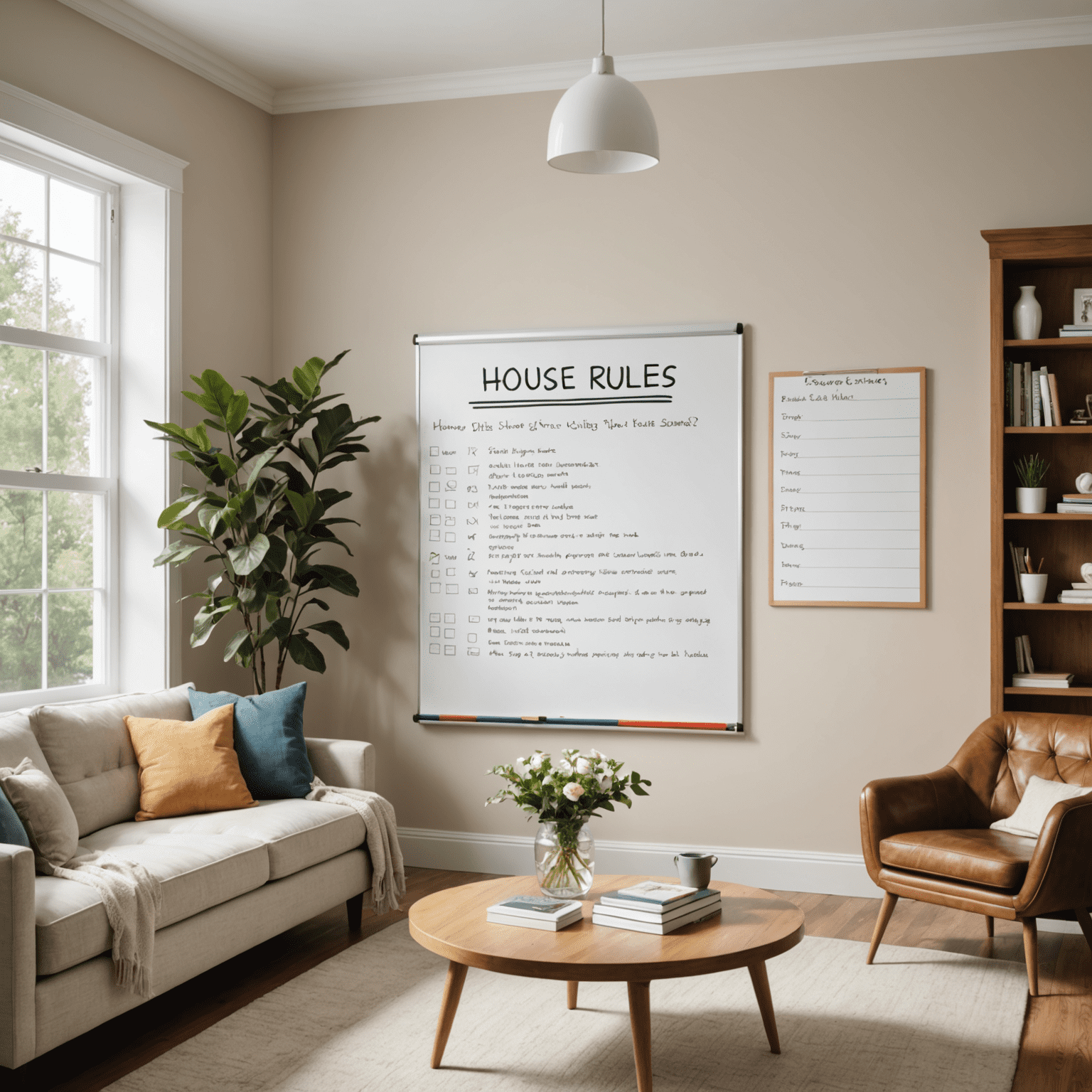Conflict Resolution Strategies
Learn effective techniques for resolving conflicts with roommates while preserving your mental energy.

The Importance of Effective Communication
Living with roommates can be a rewarding experience, but it's not without its challenges. When conflicts arise, it's crucial to address them promptly and constructively to maintain a harmonious living environment. Effective communication is the cornerstone of successful conflict resolution.
Remember, the goal is not to win an argument, but to find a solution that works for everyone while preserving your personal energy and maintaining healthy boundaries.
1. Active Listening
Practice active listening by giving your full attention to your roommate when they're speaking. Avoid interrupting and try to understand their perspective before formulating your response.
2. Use "I" Statements
Express your feelings using "I" statements to avoid sounding accusatory. For instance, say "I feel frustrated when..." instead of "You always..."
3. Choose the Right Time
Pick a time when both you and your roommate are calm and have the energy to discuss the issue. Avoid confrontations when emotions are running high.

Mediation Strategies
Sometimes, despite your best efforts, you may need a neutral third party to help resolve conflicts. Here are some mediation strategies that can help:
- Invite a trusted mutual friend to act as a mediator
- Consider professional mediation services if the conflict is severe
- Use a "talking stick" method to ensure each person gets uninterrupted speaking time
- Write down agreed-upon solutions to refer back to later
Remember, the goal of mediation is to find a mutually beneficial solution, not to determine who's right or wrong.
Preserving Your Mental Energy
Conflict resolution can be emotionally draining, so it's essential to protect your mental energy throughout the process:
- Set clear boundaries and communicate them respectfully
- Take breaks during intense discussions if needed
- Practice self-care before and after difficult conversations
- Focus on finding solutions rather than dwelling on problems
- Celebrate small victories in improving your living situation
- Remember that compromise is a sign of strength, not weakness
Final Thoughts
Mastering conflict resolution strategies is an invaluable skill that will serve you well beyond your current living situation. By approaching conflicts with empathy, clear communication, and a willingness to compromise, you can create a more harmonious home environment and preserve your personal energy for the things that matter most to you.
Remember, a peaceful home starts with open hearts and minds. Keep practicing these techniques, and you'll find that resolving conflicts becomes easier over time, leading to a more stress-relaxed and enjoyable shared living experience.